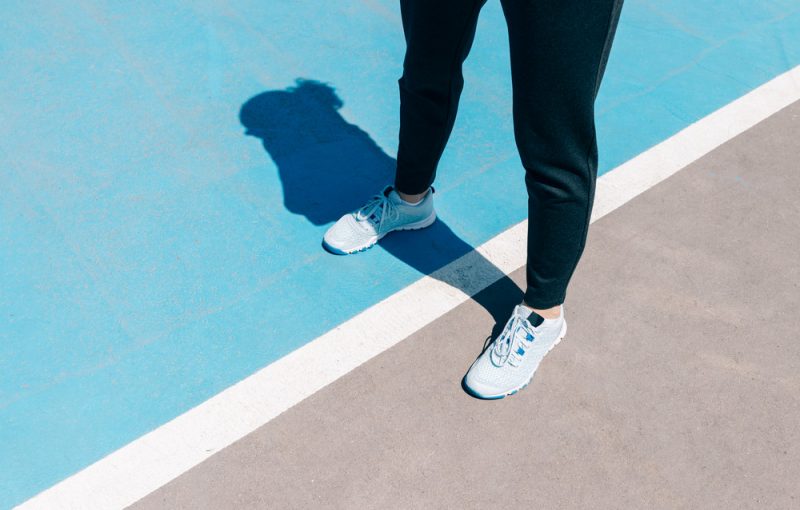
Pickleball is a paddle sport that has gained immense popularity in recent years, particularly among older adults, though it is enjoyed by people of all ages. The game is a combination of tennis, badminton, and ping-pong and can be played both indoors and outdoors on a court similar in size to a doubles badminton court. The equipment required includes a paddle, which is smaller than a tennis racquet but larger than a ping-pong paddle, and a plastic ball with holes, similar to a wiffle ball.
Origins and Gameplay
Pickleball was invented in 1965 on Bainbridge Island, near Seattle, Washington, by three dads—Joel Pritchard, Bill Bell, and Barney McCallum—as a way to entertain their children during the summer. The game has evolved since then but retains the original spirit of accessibility and fun. It can be played as singles or doubles, making it a versatile activity for varying numbers of participants.
The court is divided into several zones, including a non-volley zone (referred to as the “kitchen”) near the net. Players must allow the ball to bounce once before volleys are allowed, and serving must be done diagonally across the court, starting from the right-hand service square. Points are scored by the serving side when faults are made by the opponents, and games are typically played to 11, 15, or 21 points.
Health Benefits
1. Cardiovascular Fitness: Pickleball involves a lot of quick starts and stops, which enhances cardiovascular endurance. Playing regularly can help increase stamina, reduce the risk of heart disease, and improve overall cardiovascular health.
2. Joint Health: Since pickleball is played on a smaller court compared to tennis, it requires less running, which can be easier on the joints. This makes it an excellent sport for older adults looking to maintain their physical activity without the high impact of sports like tennis or jogging.
3. Weight Management: Pickleball can be an effective way to burn calories, which helps with weight management. An hour of playing pickleball can burn between 600 to 1,000 calories, depending on the intensity of the game and the weight of the player.

4. Mental Health: Like many forms of physical exercise, pickleball can improve mental health by reducing stress, anxiety, and depression. The social nature of the game—often played in doubles format—also provides psychological benefits, such as enhanced mood and a sense of community.
5. Agility and Balance: The sport requires good coordination, agility, and balance, as players must change direction quickly, reach for off-center shots, and maintain balance while playing. This can improve reflexes and core strength, which are important for preventing falls and other injuries, especially in older adults.
6. Social Engagement: Pickleball is inherently social, with a culture that emphasizes fun and camaraderie. It provides opportunities to meet new people, enhance social networks, and engage in healthy competition. This social interaction can be particularly beneficial for older adults, helping to keep them connected and engaged with a community.
If you’re thinking about trying out a new sport for its health benefits, you won’t go wrong with trying out pickleball. If you’re curious about padel vs pickleball vs tennis, the pros at a sports store can help you find all the right supplies no matter which sport you choose to do with friends!
